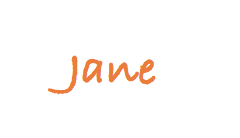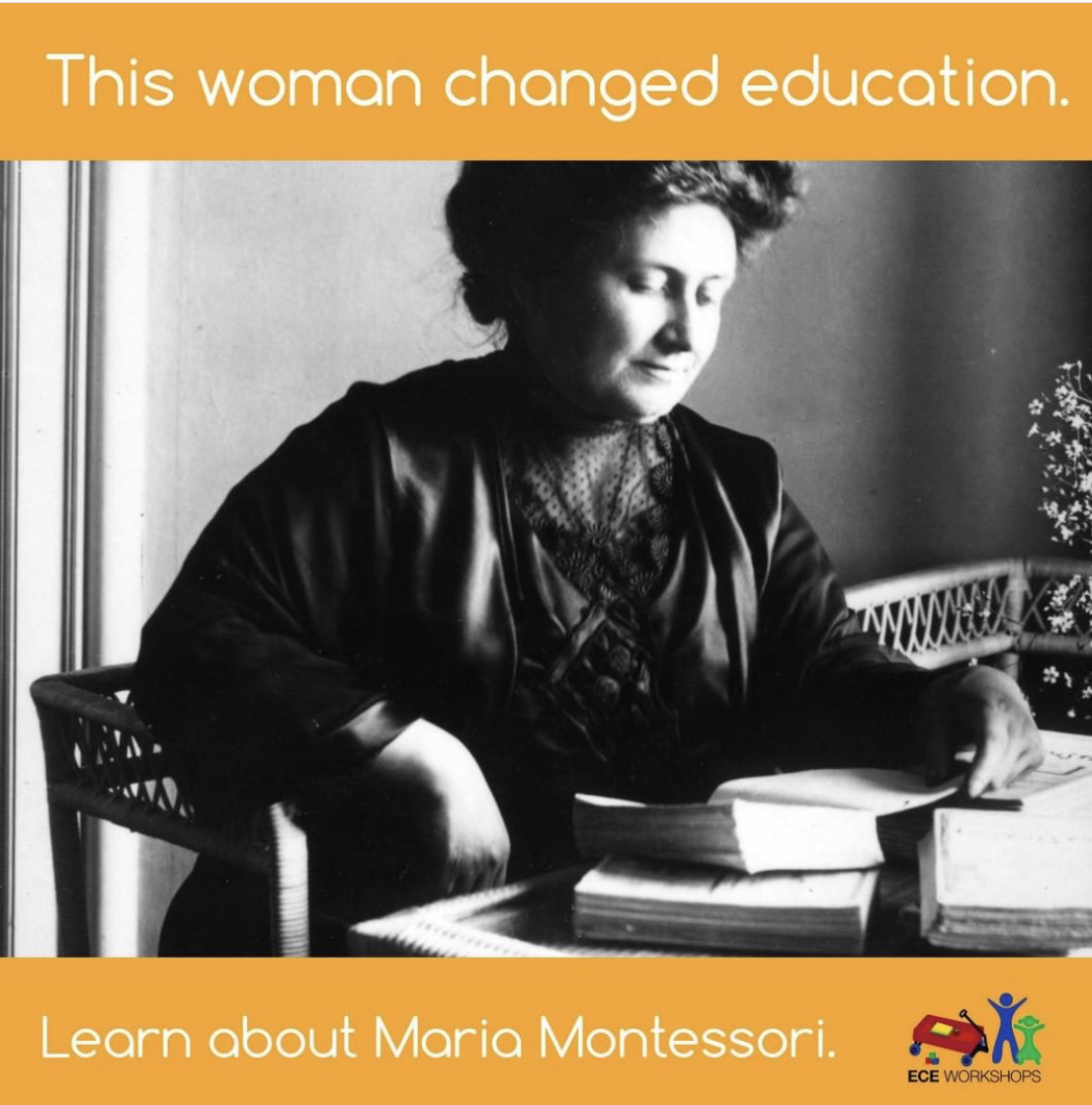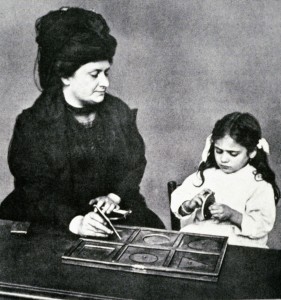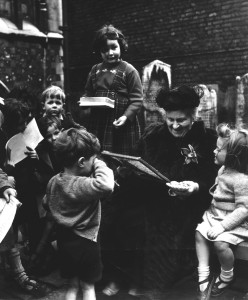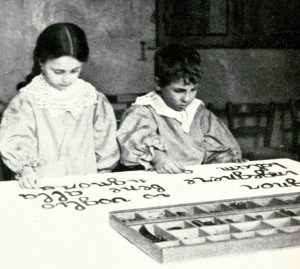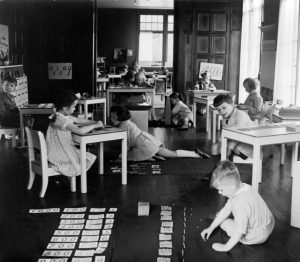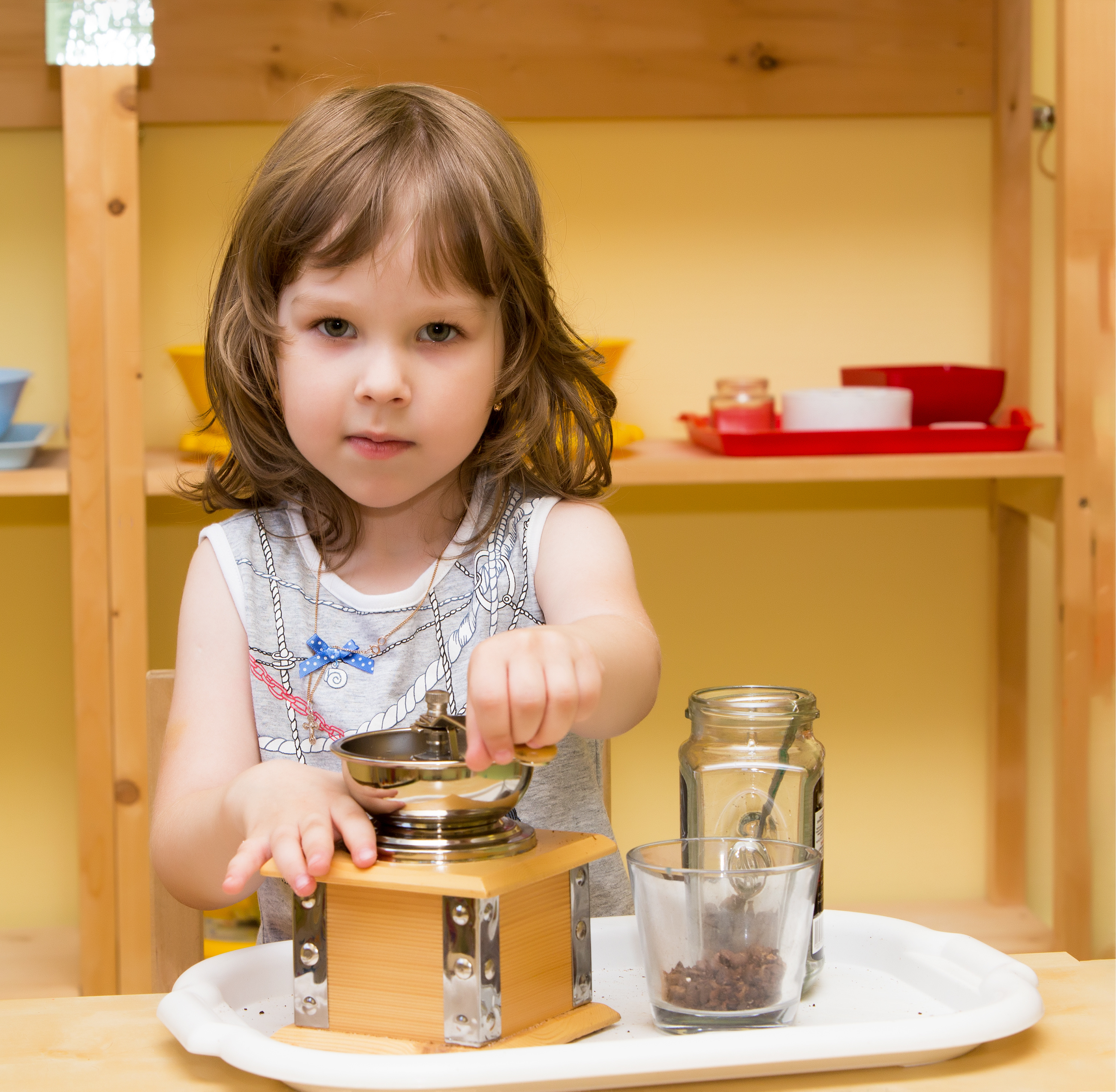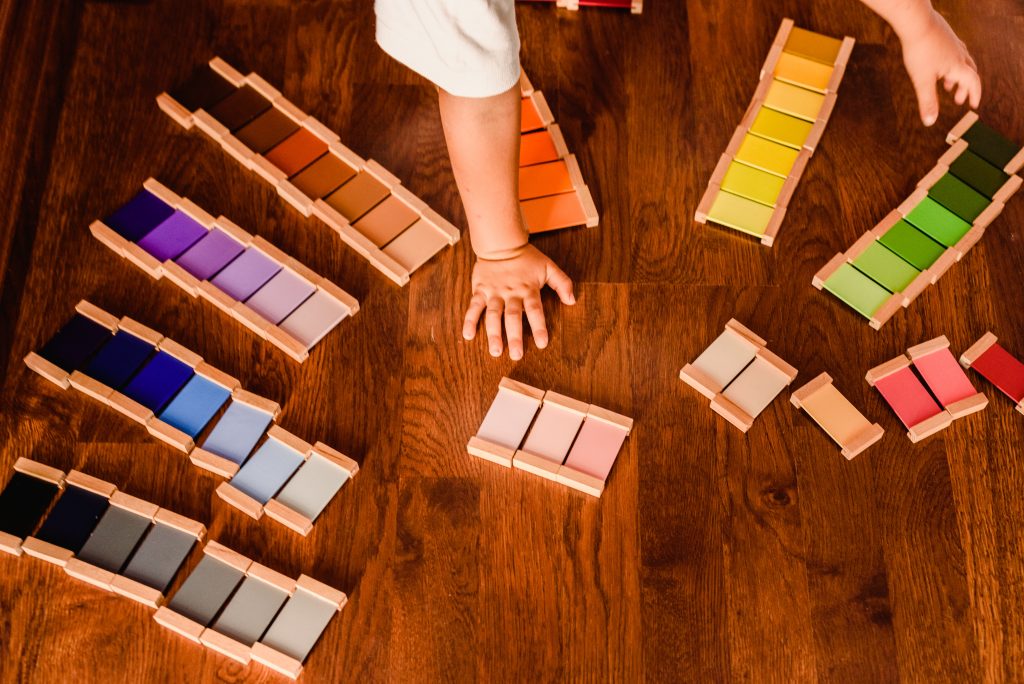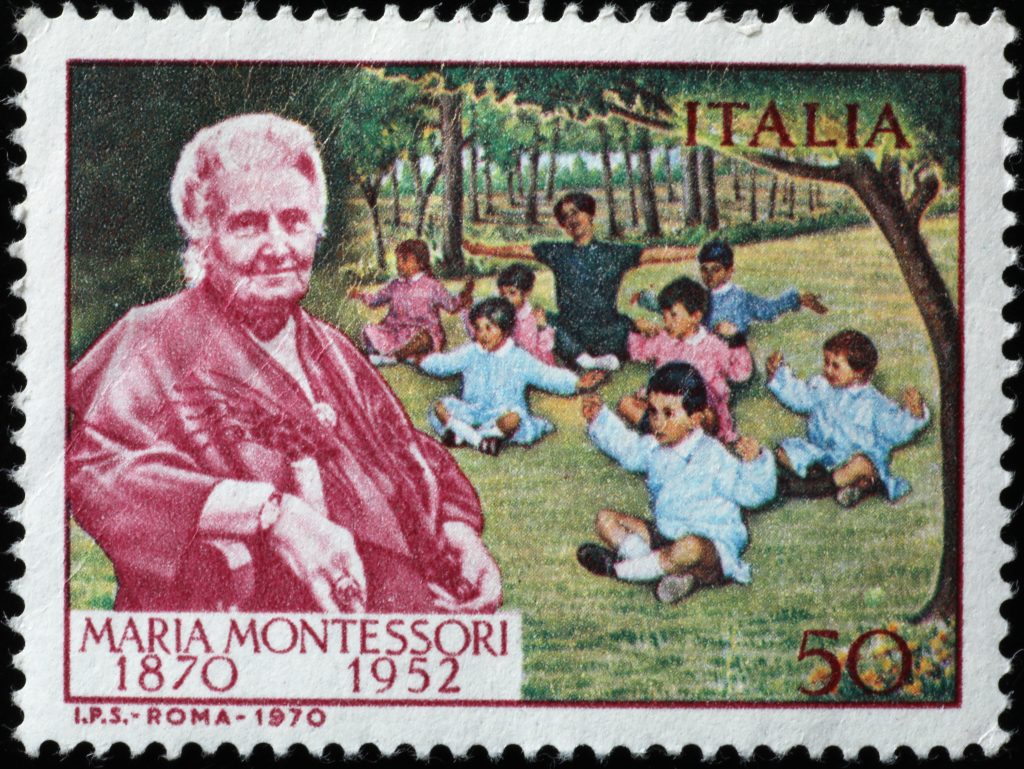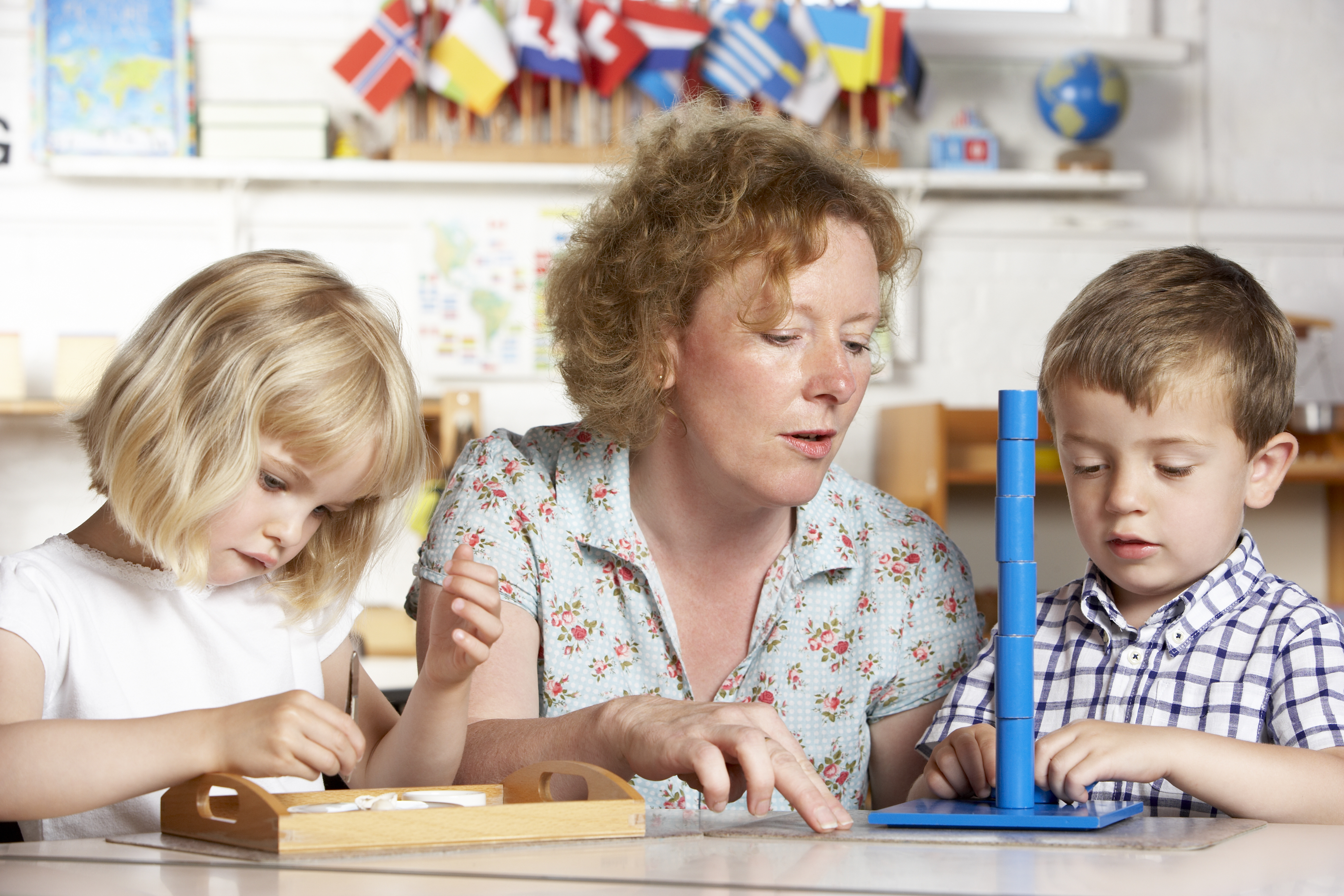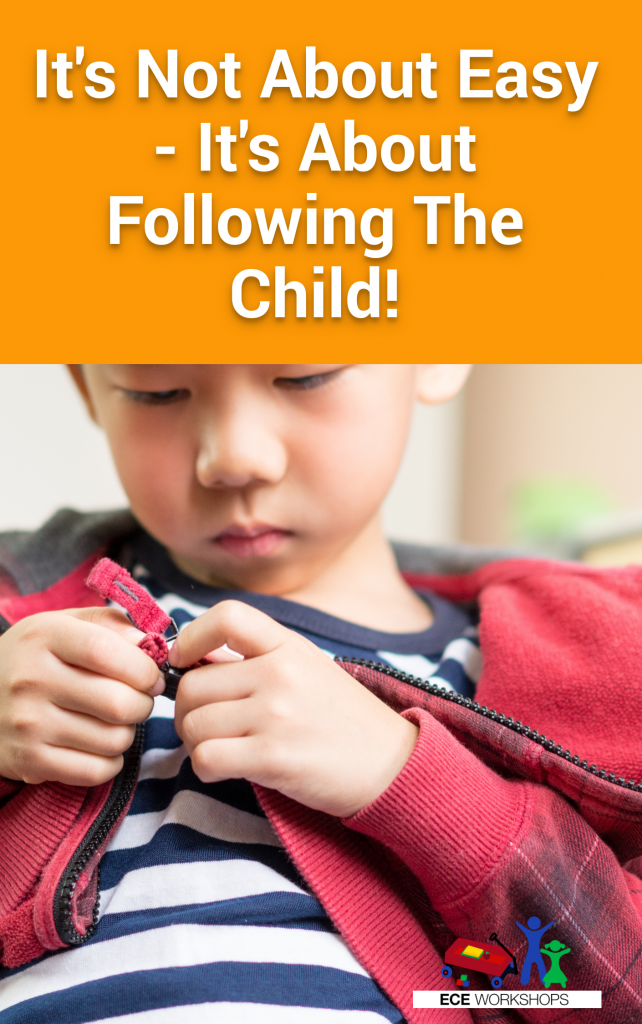Dear Early Childhood Educators,
I am writing this open letter to you because I am troubled about something that I think is very important to all of us who are working in the field of early learning and child care in BC (and other areas too.)
What has me troubled is a ruling from the BC Human Rights Tribunal that was released this week. You can read the ruling by clicking on the link below:
Mangel and Yasué obo Child A v. Bowen Island Montessori School and others
This ruling has implications for the early learning and child care field in BC so it is for sure worth reviewing. This ruling has implications beyond Montessori programs.
I urge all working in the field — Early Childhood Educators, Child Care Operators, Program Managers and Community Child Care Programs — to fully read and consider the complete ruling.
There are many reasons this ruling matters. And it’s something all who work in early learning and child care programs need to be aware of as it sets a precedent that will likely have implications for our field in a great many ways; especially related to communication, programming and program policy.
I’ll likely write more about this in the coming days. For now — just please read the ruling.
Thanks
